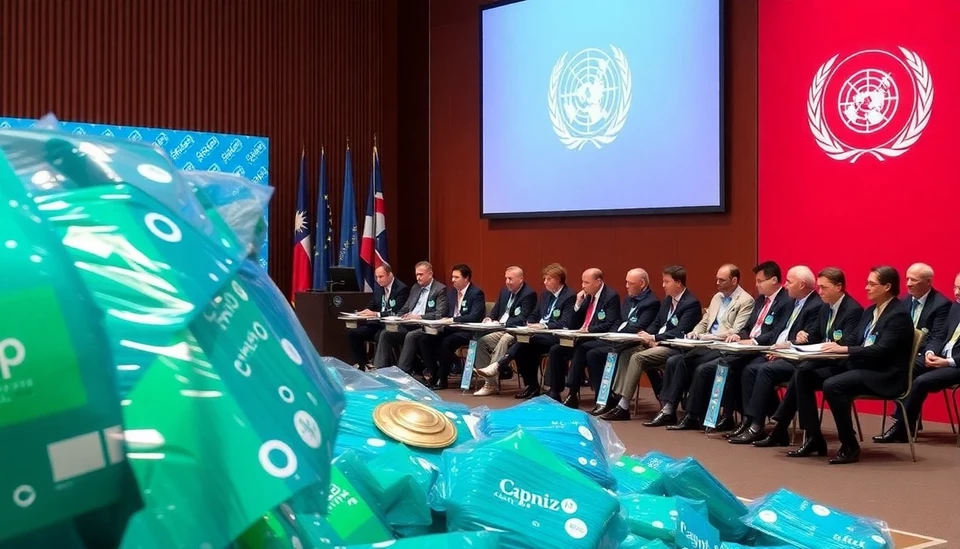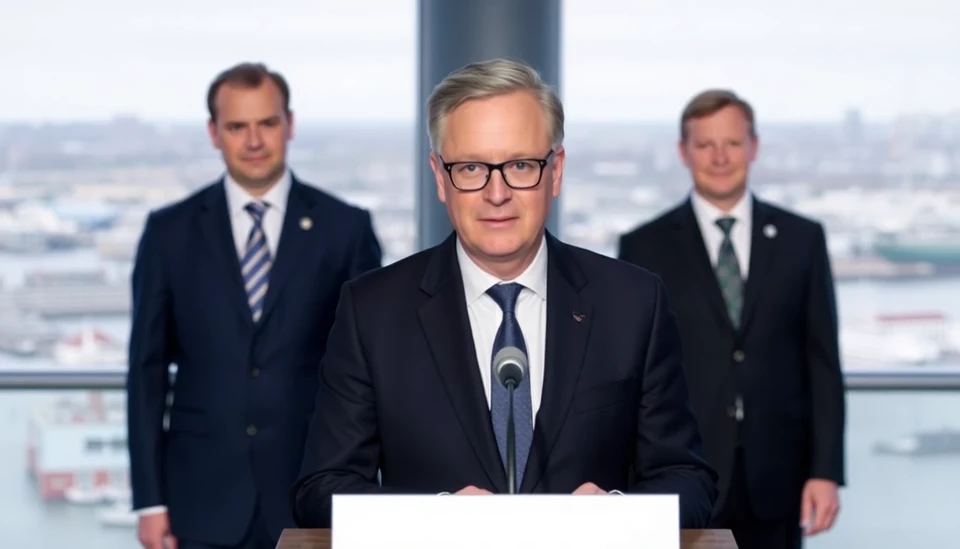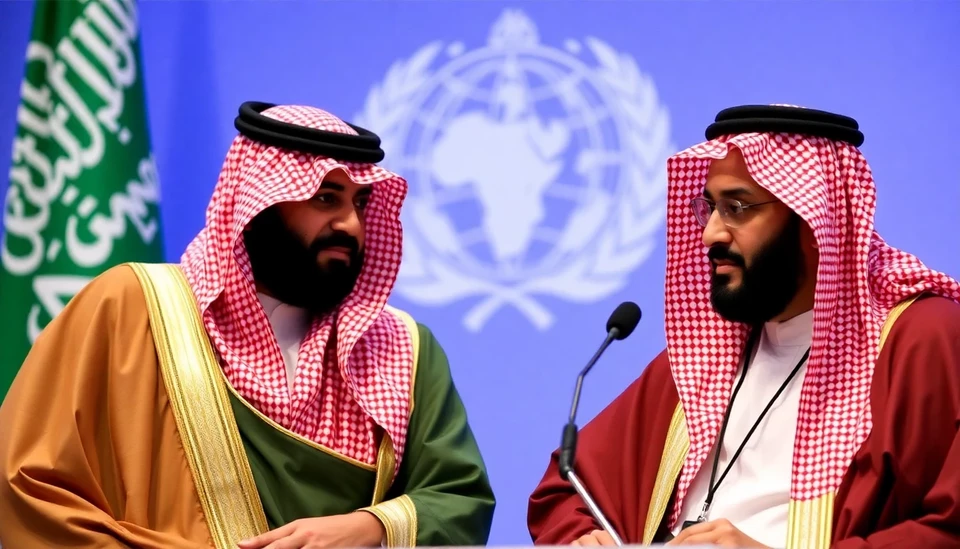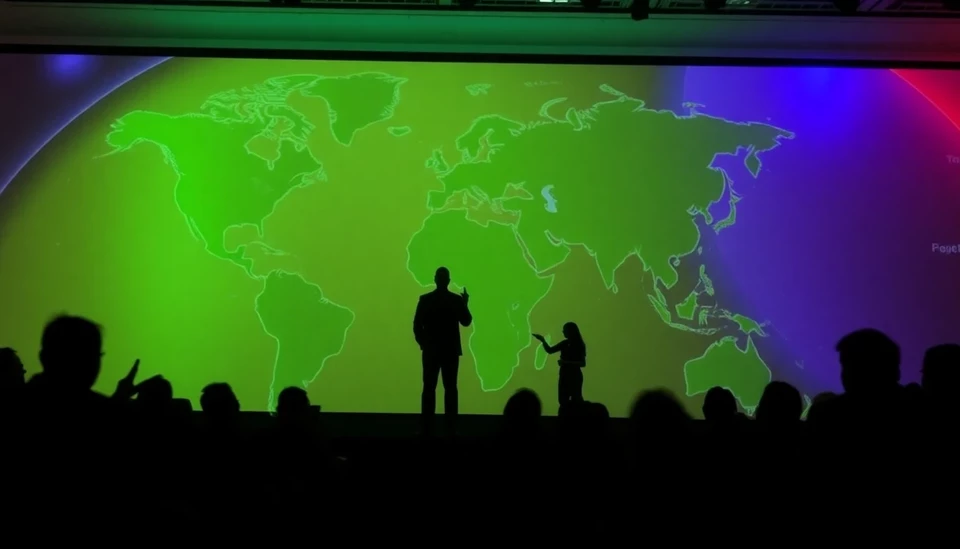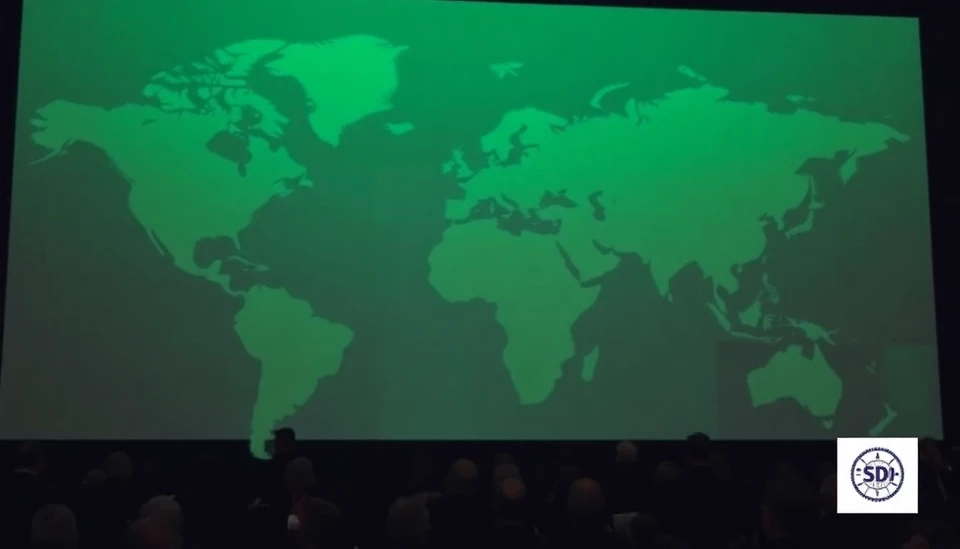
In a significant development from the recently concluded COP29 climate conference, negotiators reached a vital agreement on essential rules governing the global carbon market. This consensus marks a crucial step towards enhancing international cooperation in combating climate change and controlling carbon emissions.
The negotiations, which took place in the picturesque setting of the conference venue, bore witness to intense discussions among representatives from various countries. Delegates worked tirelessly to establish frameworks that would not only facilitate carbon trading but also ensure transparency and accountability in the global carbon market.
One of the central elements of this agreement is the establishment of standardized methodologies for measuring and reporting carbon emissions. This is expected to enable countries to share their reduced emissions more effectively and access carbon credits in a fair manner. The agreed rules will likely lay the groundwork for nations to achieve their climate targets by utilizing a well-regulated carbon trading system.
As part of the negotiations, countries also agreed on procedures that will help prevent double counting of carbon credits. This aspect is vital as it ensures that each credit can only be used once towards a country's emission reduction goals, preserving the integrity of the global carbon market.
Several countries had differing views on how strict these regulations should be, with developing nations advocating for more flexible terms to support their economic growth while still meeting climate commitments. However, a compromise was reached, accommodating both developed and developing nations, which is integral for widespread buy-in and implementation.
This convergence on the rules has been hailed by environmental advocates and economic analysts alike, who view it as a pivotal progress point in global climate policy. They argue that a functioning carbon market can significantly propel efforts to reduce global greenhouse gas emissions and catalyze investments in clean energy technologies.
However, while the agreement at COP29 sets a promising precedent, challenges still lie ahead. Implementation of these rules will require robust monitoring mechanisms and commitment from all participating nations. Experts emphasize the importance of nations not just signing agreements but actively following through with measures that effectively reduce emissions both domestically and on a global scale.
The path to achieving meaningful climate action is fraught with obstacles, but the new rules governing the global carbon market established at COP29 offer a ray of hope. The collaborative spirit shown by negotiators indicates a growing awareness of the need for united action to address the existential threat posed by climate change.
In conclusion, the developments at COP29 represent a significant leap towards a more structured and effective global approach to carbon trading. With the foundation set by this agreement, the international community is optimistic about fostering an environment conducive to innovative solutions in the fight against climate change.
#COP29 #GlobalCarbonMarket #ClimateChange #SustainableDevelopment #CarbonTrading #ClimatePolicy #EmissionReduction #EnvironmentalProtection
Author: Sophie Bennett

